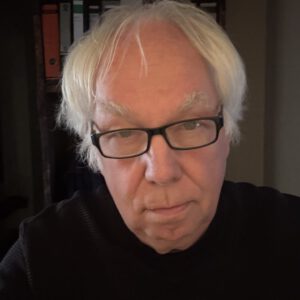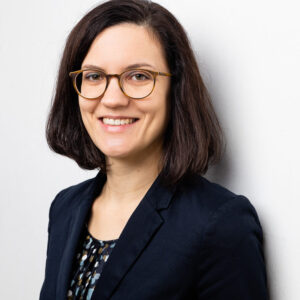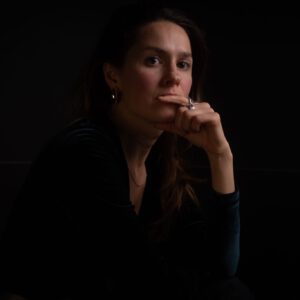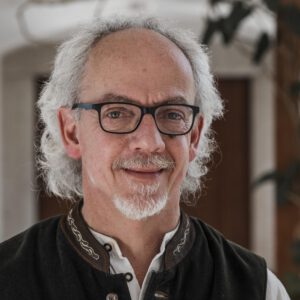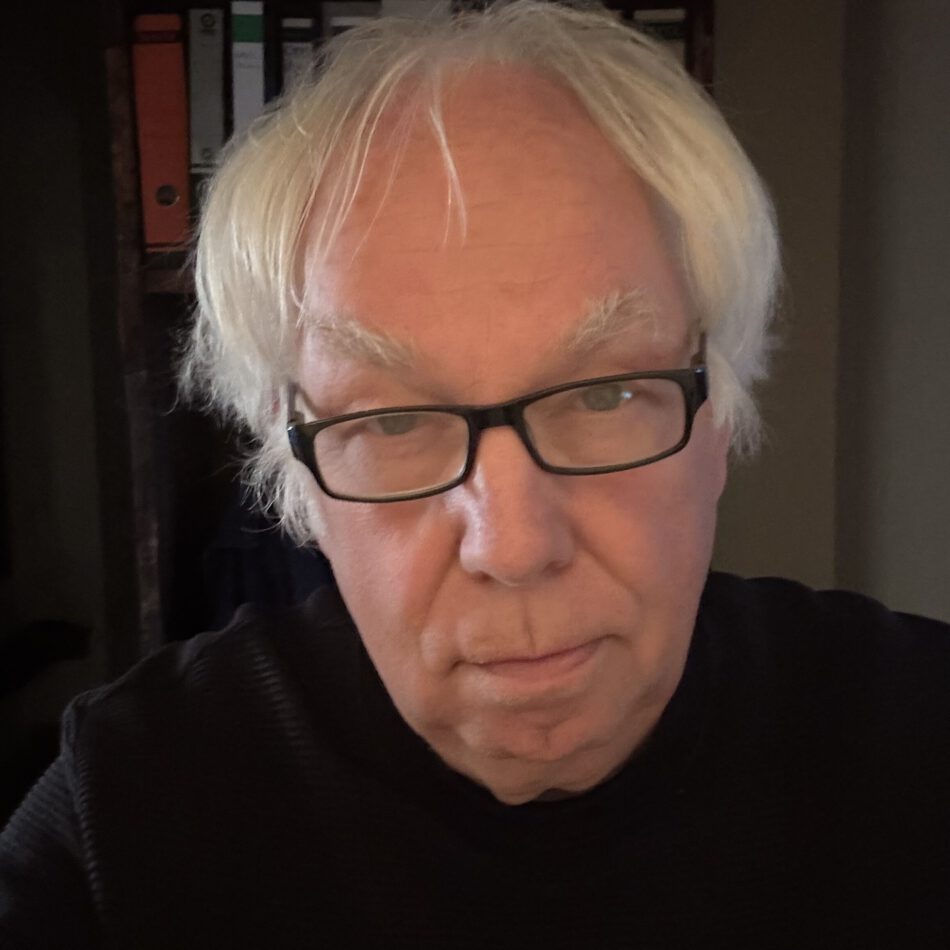
Dimitri Hegemann
(he)-
cultural manager , Tresor Berlin + Academy of subcultural Understanding , Happy Locals
Berlin, Germany
About
Dimitri Hegemann, born in 1954, is a German entrepreneur, cultural organizer, label operator, spatial researcher and personality of the German music industry. He began his career in West Berlin, studying musicology, working as a musician, and venturing into record production. Hegemann's most notable early accomplishment was founding the Berlin Atonal Festival in 1982, and he directed this experimental music event until 1991, pushing boundaries in Berlin's art and music scene. In 1991, Hegemann founded the Tresor Club and the associated Tresor Records label. The nightclub and record label have since become fixtures in the global nightlife and techno scene. In 2007, Tresor Club moved from its original location on the Berlin Wall strip to the old Heizkraftwerk Berlin Mitte. After successive development of the building, Kraftwerk Berlin opened the doors of its industrial cathedral at the site from 2010 and has since hosted various art and music events. The Kraftwerk Berlin is also the headquarters of the Tresor Foundation Berlin, which Hegemann founded in 2021 and whose charitable goals are to promote and preserve cultural projects, as well as to protect against speculation worldwide. Other initiatives founded by Hegemann include Happy Locals e.V., a project to promote cultural development in rural areas, and the network association Berlin Workx. With his unconventional ideas, progressive formats and courageous investments, Hegemann secured a firm place in the international music and cultural scene and influenced projects, artists* and policy makers worldwide. 2024 startete er "the academy of subcultural understanding". It is an academy that encourages and coaches young people, young doers from small towns here in Berlin, to set up curated venues in their respective communities where young people can meet, exchange ideas, and enjoy cultural programs—in other words, socialize with each other in a democratic way. It is the young generation of potential curators who are taking responsibility for inspiring young people with meaningful programs and, at the same time, presenting them with prospects for staying. If there are no appealing cultural programs in the communities or cities, then young people will go where something is happening and where they can participate.

